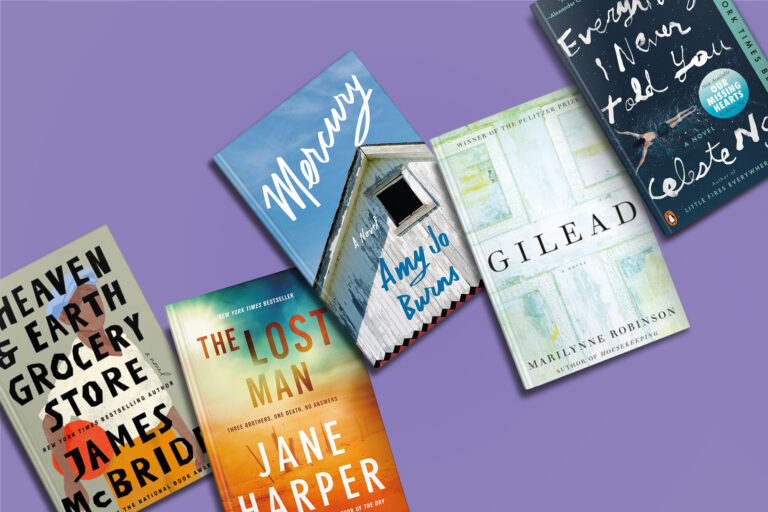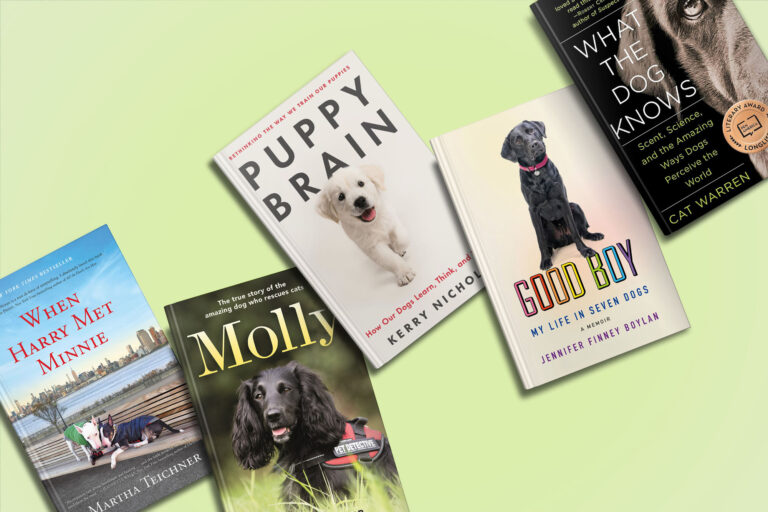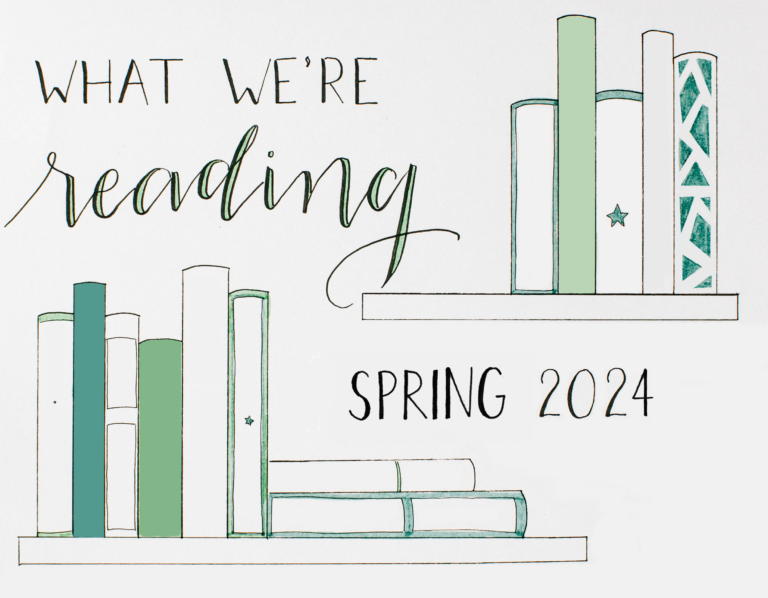Publishers, editors, and other writers have a wealth of advice to offer on how to write. Some of it is priceless, some of it can be dismissed.
These are the well-worn bits of advice that we think deserve a skeptical eye (and why). Feel free to ignore them!
The Advice: Write what you know
Why you can ignore it: Nothing throws a wet blanket on your imagination like writing about worlds you already understand inside and out. If you’re a taxi driver, and your character is a taxi driver, it’s true that you’re going to have a lot of insight into your character’s motivations. But can you let go of what you know to be true, in order to let your characters evolve in daring ways, in settings you have to research, with consequences that keep you up in the middle of the night? If authors only wrote what they knew, we wouldn’t have Harry Potter, Frankenstein, or Nancy Drew. Don’t be afraid to free your imagination.
The Advice: Write 10 minutes a day
Why you can ignore it: Can you schedule when creativity strikes? If so, great! It’s an amazing talent; the ability to force yourself to focus when you’re not ready to do it. But if your creative juices don’t flow this way, that’s fine too. Write when you want, taking as much time as you want. Write when you can, in the window of time you have. While we love writing goals that keep us honest (and not procrastinating), find a goal that works for you, and then be flexible with yourself if your writing schedule changes.
The Advice: Delete all adverbs
Why you can ignore it: The theory behind this ol’ chestnut is that if you write “she answered sadly” you’re telling the reader that she’s sad instead of showing it. Too many adverbs could equal too much telling. The thing is, zero adverbs won’t necessarily equal plenty of showing. It matters that Rhett Butler says, “Frankly, my dear, I don’t give a damn.” And that Star Trek lets us “…boldly go where no man has gone before.” An adverb is a legitimate form of language. So yes, it’s fine to use one when appropriate.
The Advice: Scrap the adjectives, too
Why you can ignore it: Like adverbs, too many adjectives can weigh down a sentence, and eventually your entire book. It’s why Mark Twain directs us to “kill your adjectives.” But you can’t get rid of them completely, because eventually you’re going to have to describe a person, place, or thing. George Orwell famously broke two writing rules when he opened 1984 by describing weather: “It was a bright cold day in April, and the clocks were striking thirteen.” So have fun with your adverbs and adjectives, but note, there are two exceptions—“really” and “very” are the laziest descriptors available and those, you can kill.
The Advice: Don’t read when you’re writing
Why you can ignore it: Do you worry that the unique characters, plot twists, or clever phrases in the novel you’re reading will find their way into the one you’re writing? Well, don’t. There will always be works that inspire you, but the fact that you call yourself a writer to begin with means that you trust yourself and the great ideas you’re pouring into your story. If reading other books is a distraction, of course you should put them down, but don’t fret about lifting someone else’s work.
The Advice: Only write one thing at a time
Why you can ignore it: Writing a novel can take months, if not years. Unless you’re racing to a deadline, it’s understandable that you may need to take a break from your story or your characters so that you can come back to them with fresh eyes. Many novelists clear their heads by cranking out a short story or a poem while they have their novel simmering on the side. Our bet? The distraction of another project could release any writer’s block you may be experiencing, or it could simply keep your creative stamina at its peak while you expand a diverse body of work.
The Advice: Don’t worry about the ending
Why you can ignore it: Once you have several books under your belt, you may find you’ve developed an automatic sense of how to thread 50,000 words through the eye of a needle, landing the final chapter in a way that wows your reader. But until then, plan ahead. Make an outline if it helps, or perhaps a list of plot points, or maybe a flow chart. Great endings rarely, if ever, happen accidentally.



